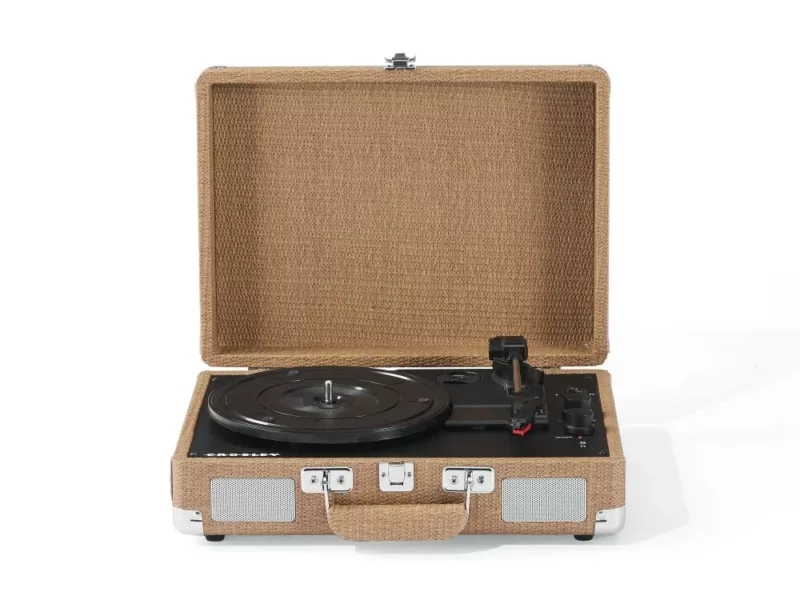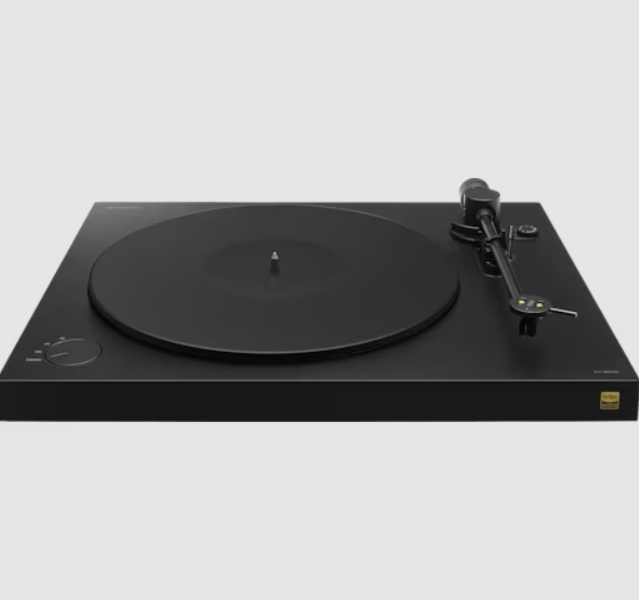The first time I moved house was during a heatwave of 40 degrees, in an old car with air conditioning that barely worked.
Before that day, I’d never stopped to think: “can vinyl records melt in a hot car?!”
It turns out, there are some surprising things you should know to protect your records from a hot car, but first things first.
Can Vinyl Records Melt In A Hot Car?
Vinyl records won’t melt in a hot car but they can warp if you leave the raw vinyl on the dashboard for an hour.
The melting point of vinyl records is 100 Degrees Celsius (212 Fahrenheit). This is far hotter than a car interior can reach.
The warping temperature of vinyl records is 60 Degrees Celsius (140 Fahrenheit). On hot days, parts of your car can exceed this temperature.
To help you understand how and where to safely store your vinyl’s in your car on a hot day, we’ve summarised the findings from a published scientific paper below.
How Hot Can A Car Get?
In outside temperatures of 35 Celsius (95 Fahrenheit), your car can reach 47 Celsius (114 Fahrenheit).
This is dangerously hot for a human being, but not for vinyl records. Records won’t start to warp until 60 Celsius (140 Fahrenheit).
However, temperatures inside your car vary greatly depending on the part. For example, your dashboard can get significantly hotter than the seats.
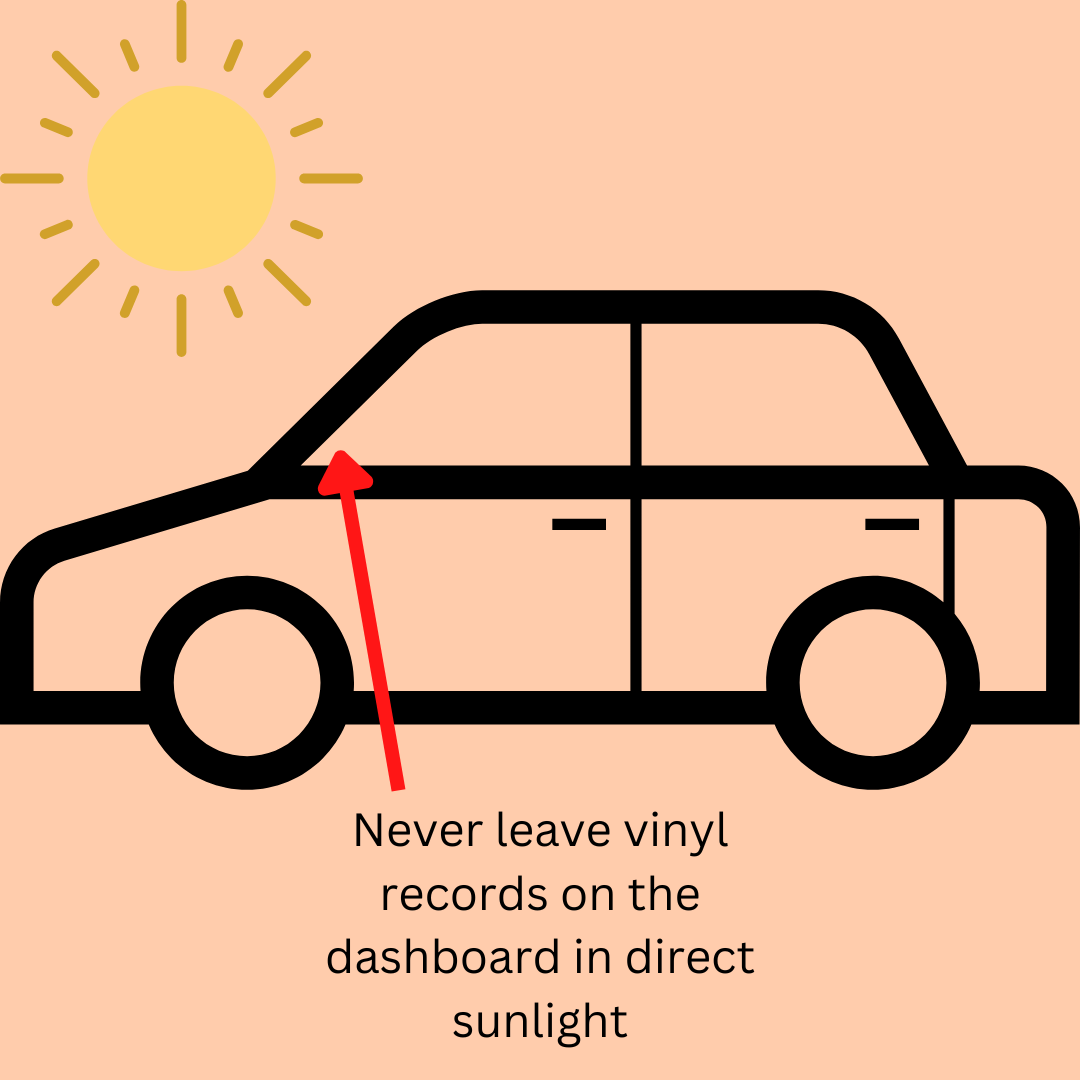
Is It Safe To Store Vinyl Records In A Hot Car?
It is safe to store records in a hot car, as long as you put them in the right place.
Here’s a quick table showing where you should and shouldn’t store your vinyl’s on a hot day, when parked in the sun.
| Where | Temperature | Will Your Records Warp? | Will Your Records Melt? |
| Inside the car (average) | 47 Celsius (116 Fahrenheit) | No | No |
| Dashboard | 69 Celsius (157 Fahrenheit) | Yes | No |
| Steering Wheel | 53 Celsius (127 Fahrenheit) | No | No |
| Seats | 51 Celsius (123 Fahrenheit) | No | No |
As you can see, there are places you can safely leave your vinyl’s in a hot car, and places you can’t.
Your records can warp if you leave them on the dashboard, on a day where temperatures reach 35 Celsius (140 Fahrenheit).
Will Records Get Damaged In A Hot Car If You Park In The Shade?
The good news is, even on a hot day, your records should be safe if you park in the shade.
Here’s a table showing the temperatures your car can reach vs the temperature your records will warp at.
| Where | Temperature | Will Your Records Warp? | Will Your Records Melt? |
| Inside the car (average) | 38 Celsius (100 Fahrenheit) | No | No |
| Dashboard | 48 Celsius (118 Fahrenheit) | No | No |
| Steering Wheel | 42 Celsius (107 Fahrenheit) | No | No |
| Seats | 41 Celsius (105 Fahrenheit) | No | No |
As you can see, it is perfectly safe to keep your records in your car on a hot day, as long as you park in the shade.
Make sure you are permanently in the shade though. If you park in the shade and the sun moves, putting you in direct sunlight, your car will heat up quicker.
Does The Type Of Car You Have Matter?
Smaller cars will heat up quicker than larger cars and vans.
Smaller cars can also reach higher temperatures but still not enough to melt your records.
The type of car you have doesn’t matter as much as where you place your vinyl records in the car on a hot day.
No matter what car you park, never leave your records on the dashboard.
Where Is The Best Place To Store Vinyl Record’s In A Hot Car?
The best place to store your records in a hot car is on your seats and on the floor.
They are the farthest away from direct sunlight and are generally made of heat resistant materials.
You can also store your records in the boot, as long as it isn’t made from polyurethane – the same material as your dashboard.
Your records won’t be harmed in a hot car unless you put them on the dashboard when parked in direct sunlight..
Dashboard temperatures can exceed 60 Celsius (140 Fahrenheit) and will warp your records. Warped records often result in permanent damage.
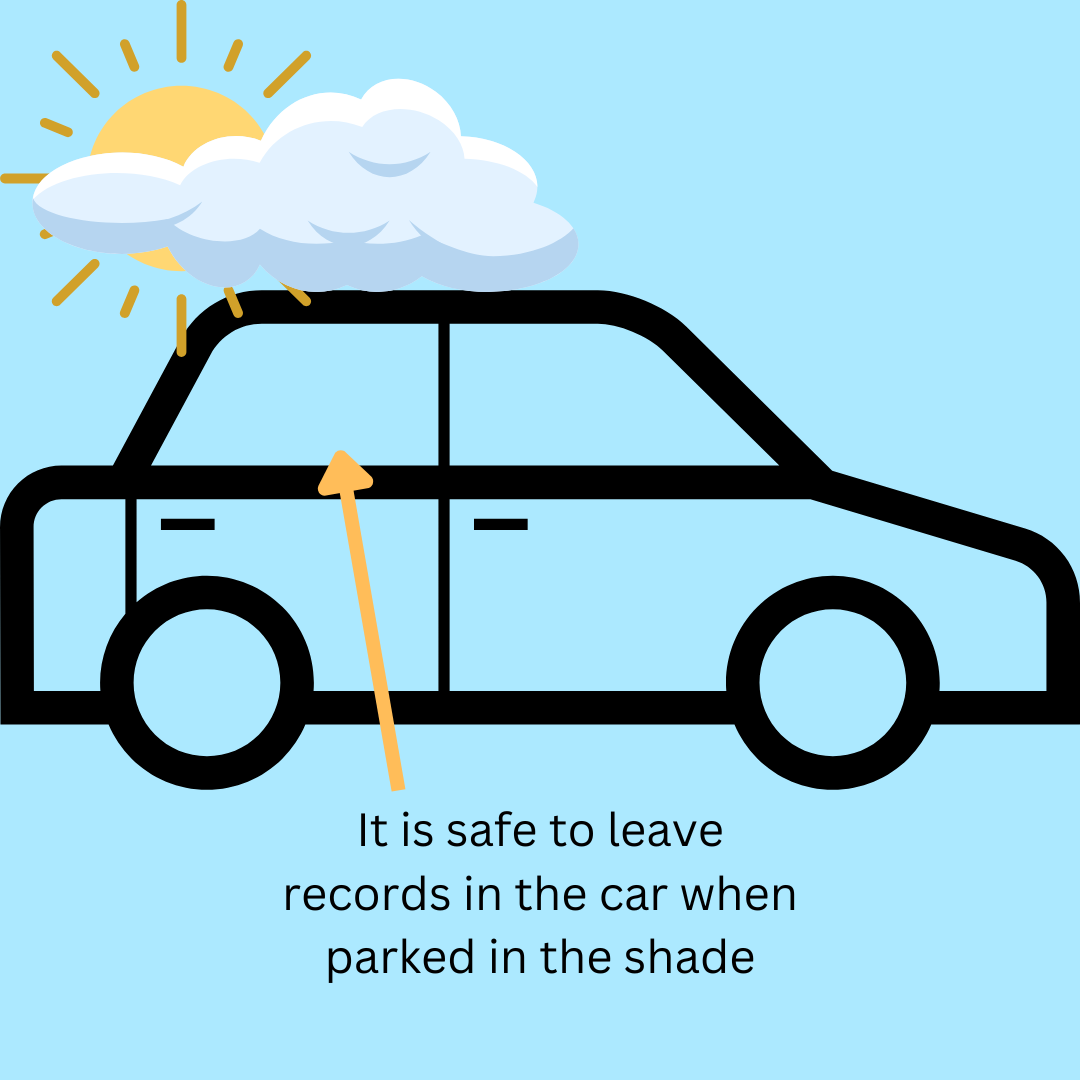
What Else Should You Know About Storing Records In A Car?
Make sure to store your records in their protective sleeves in the car. You should do this anywhere you go!
You should also be careful not to stack your vinyl records on top of each other in the car.
Stacking vinyl records on top of each other puts pressure on the records at the bottom. This pressure can make it easier for heat to build and makes them more susceptible to breaking anyway.
No matter the temperature, we recommend you cover your vinyl records in a cloth so there is no risk to being in direct sunlight.
Can Cold Car Temperatures Damage Records?
Cars often get below 0 Celsius (32 Fahrenheit) which is the temperature that vinyl becomes brittle. This makes them easier to snap.
Although this won’t make much difference when stored properly at home, your records are more likely to move around in the car.
For example, if your records fall onto the car floor after being stored in freezing temperatures, they are more likely to snap.
This likelihood increases if you stack your records on top of each other. The added pressure on the records at the bottom will make them even weaker.
Fortunately, even frozen records thaw out easily with no damage to the quality of the record itself.
To protect your vinyl records from a cold car, make sure you cover them in a blanket and stack them securely and vertically. This increase their temperature and reduce the risk of them snapping.
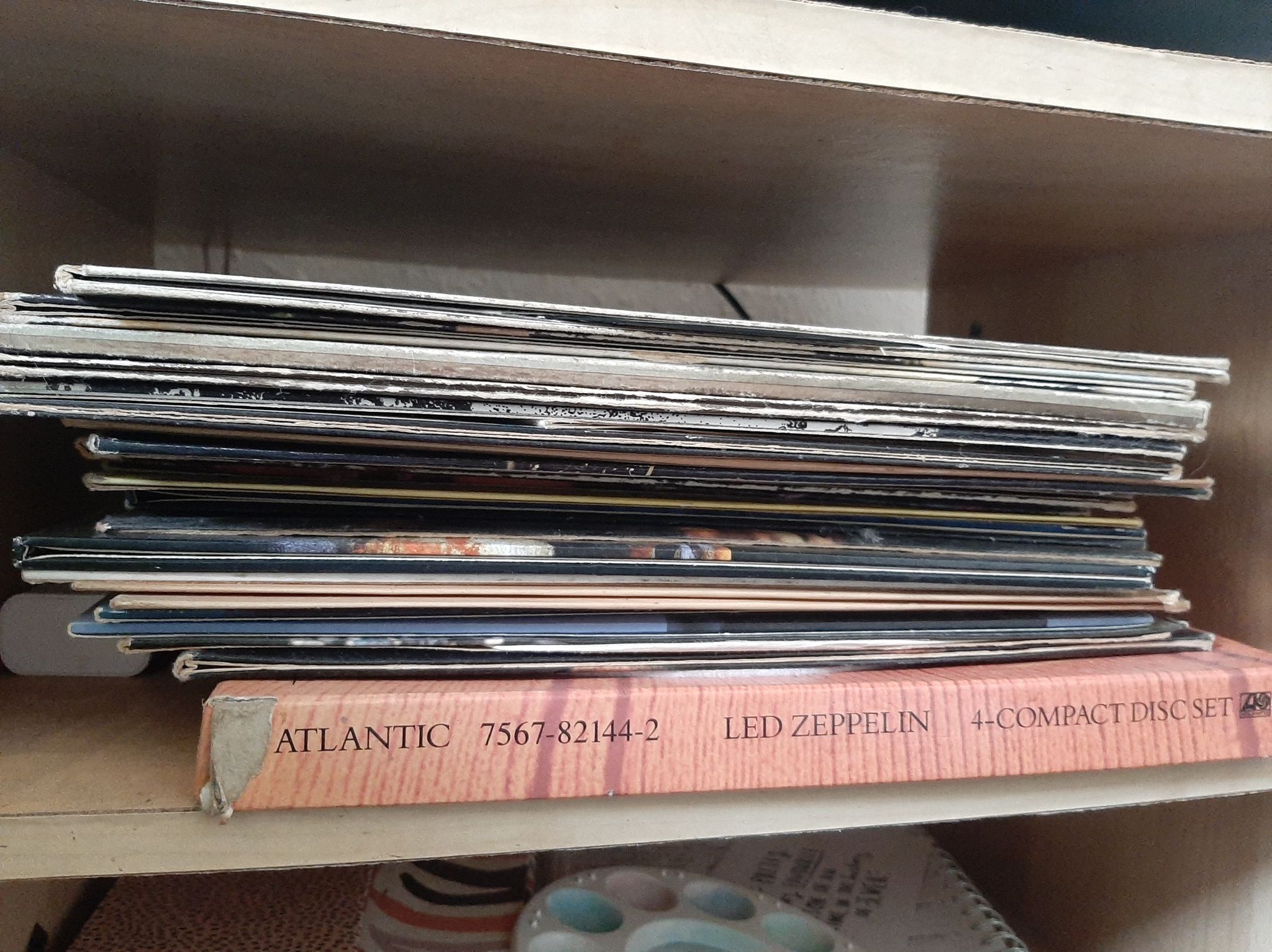
How Can I Protect My Vinyl Records From Bad Weather?
As long as you don’t stack records on top of each, leave them on your dashboard or leave them in sub-zero temperatures unprotected, your records should be safe.
The biggest danger to vinyl records comes from condensation, damp and mould in the car.
Make sure you check out our full blog on how temperature damages records to protect your vinyl records at home and in the car, year-round.
It’s extremely important you know how to protect your vinyl records, and their sleeves, from the climate.
Conclusion
Vinyl records are pretty resilient to most hot and cold temperatures that we would live and travel in.
The best tip is to know what temperatures cause damage to your records, and how to store them safely which we explained above.
You don’t need to purchase anything to protect your records from the temperature, but you do need to know how to protect them from seasonal temperature changes.
I highly recommend reading our blog on How Temperature Damages Records.
There, you will learn how hot, cold and wet weather affects vinyl records and what to do to prevent damage.

